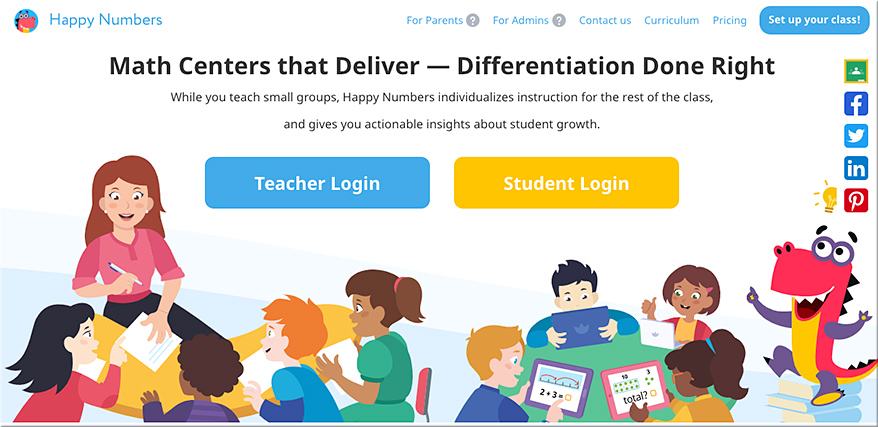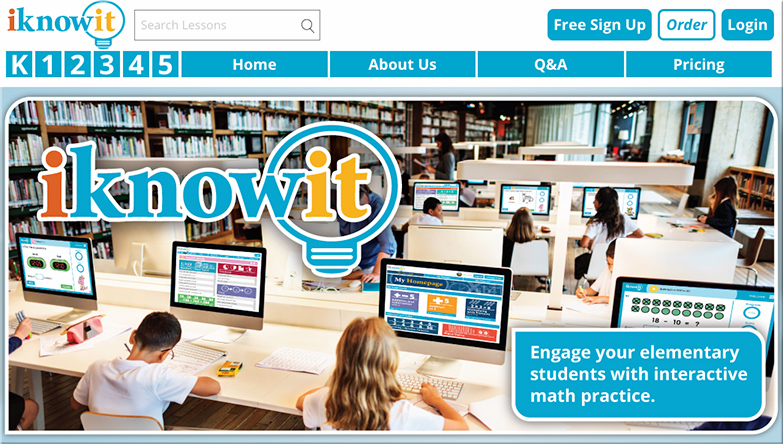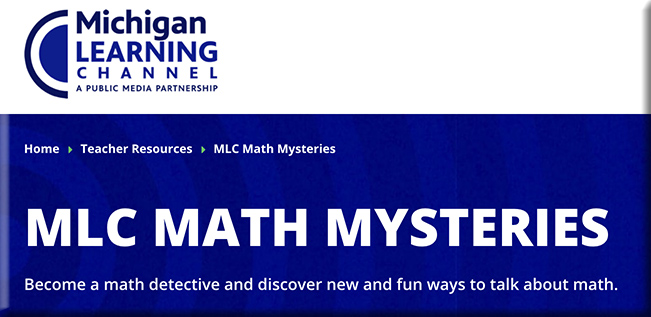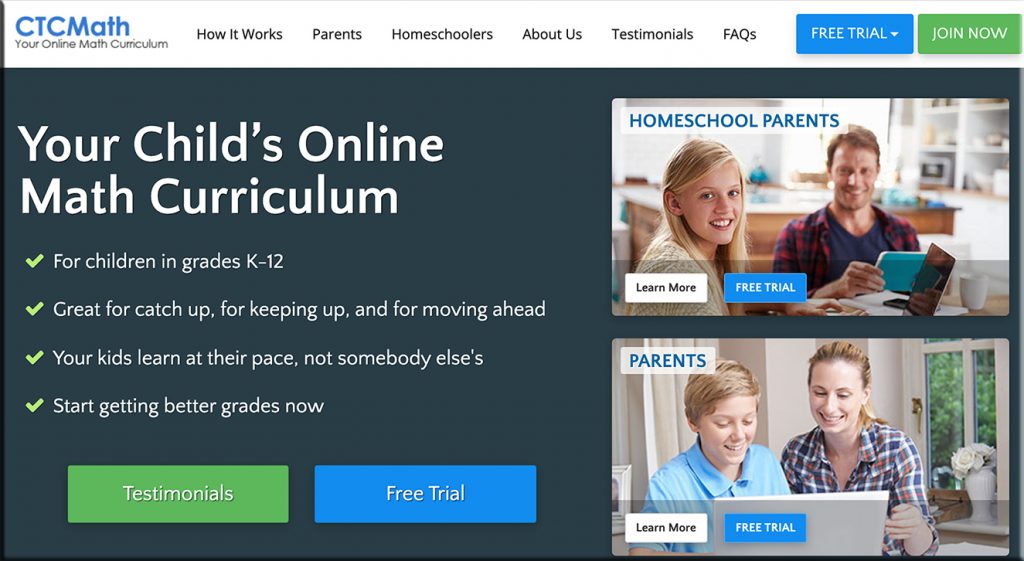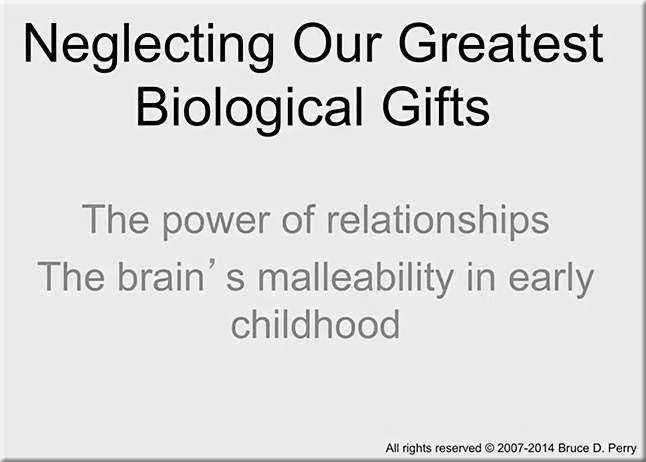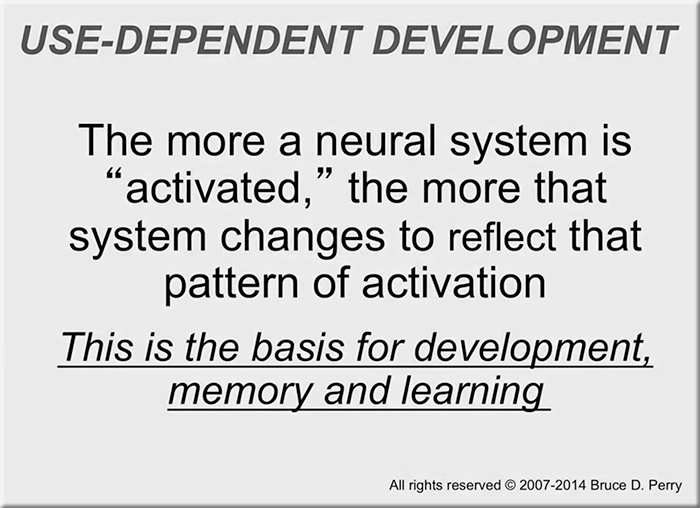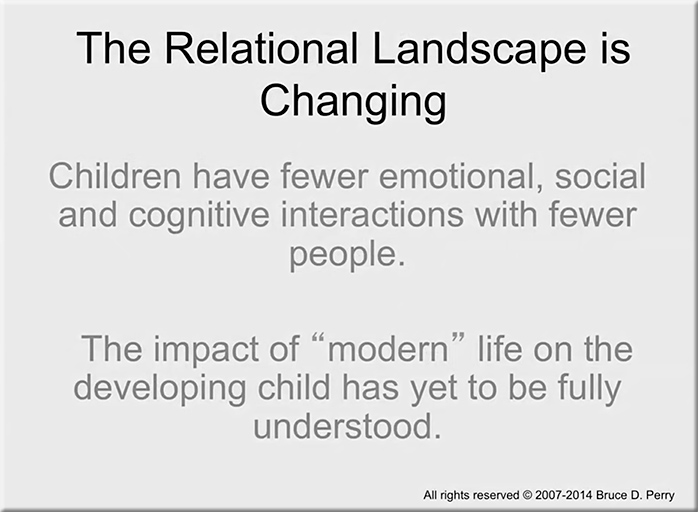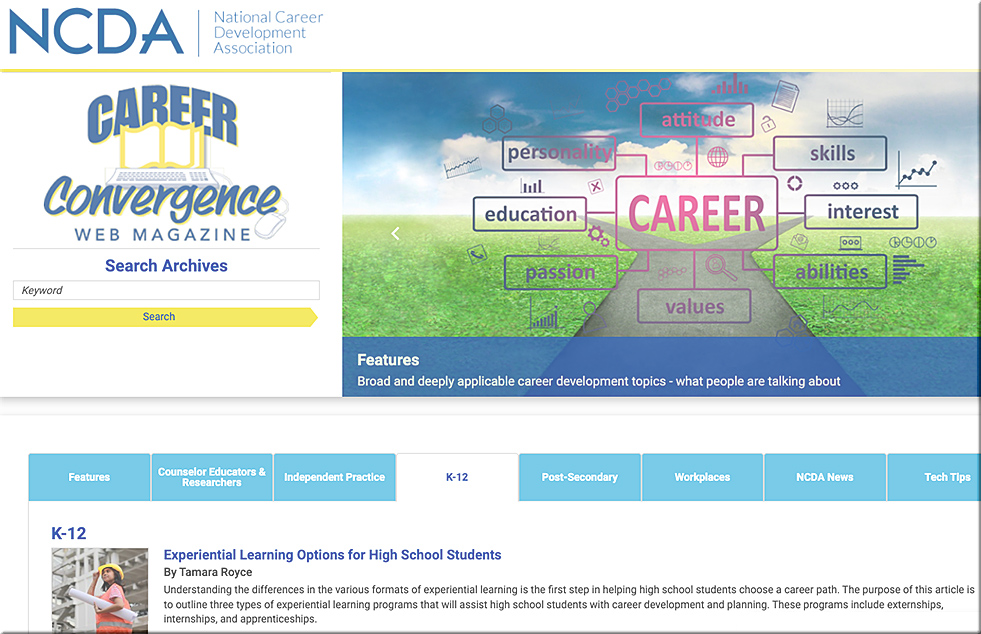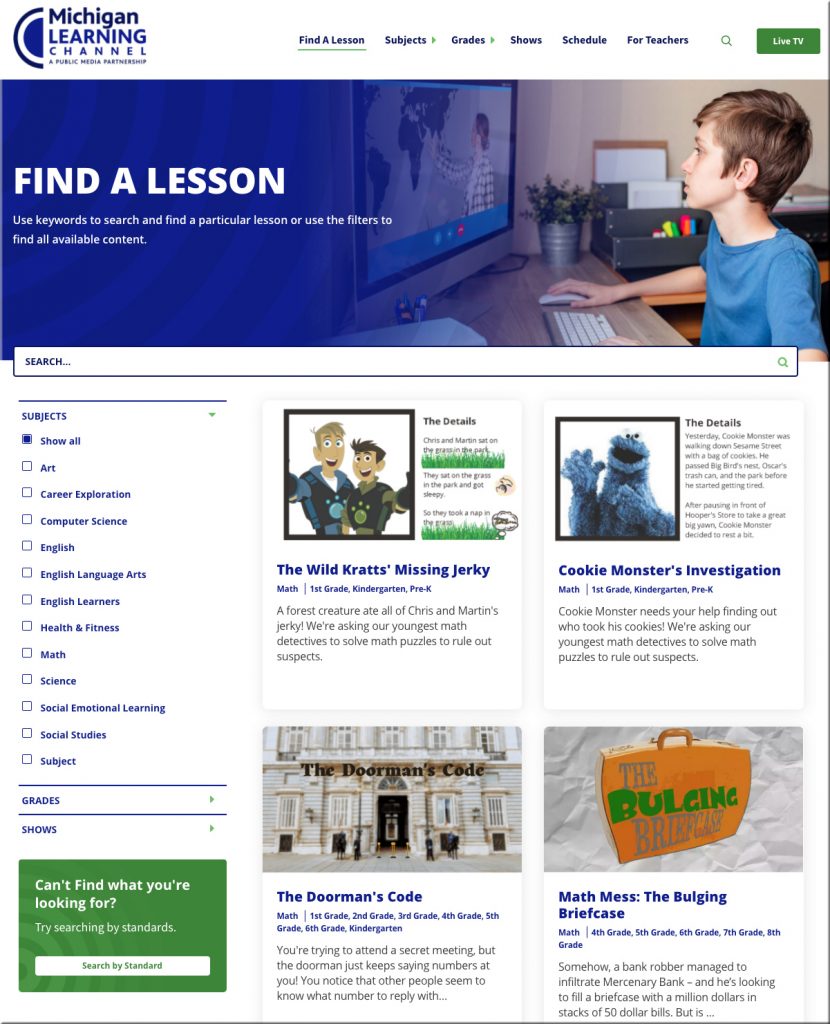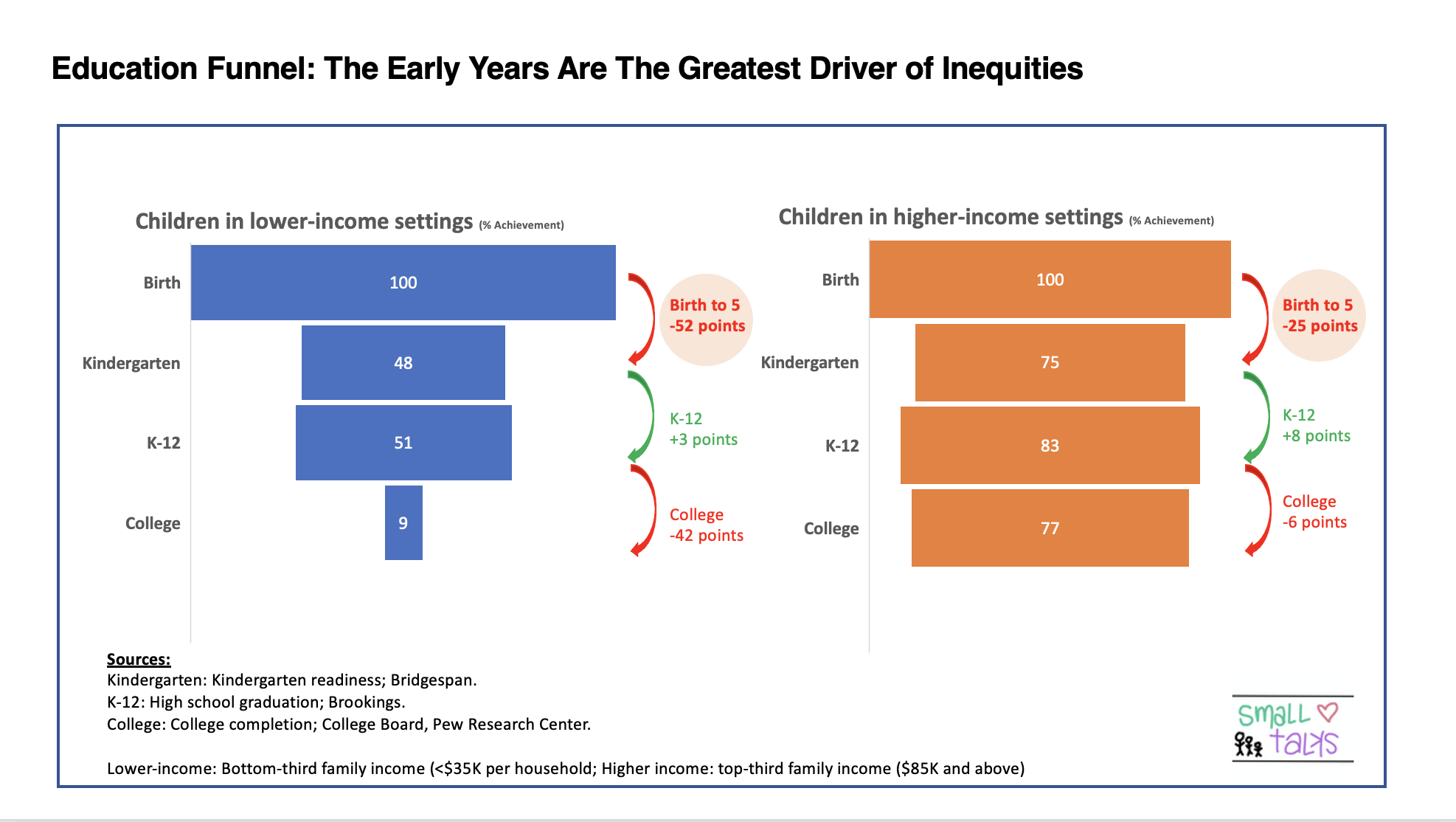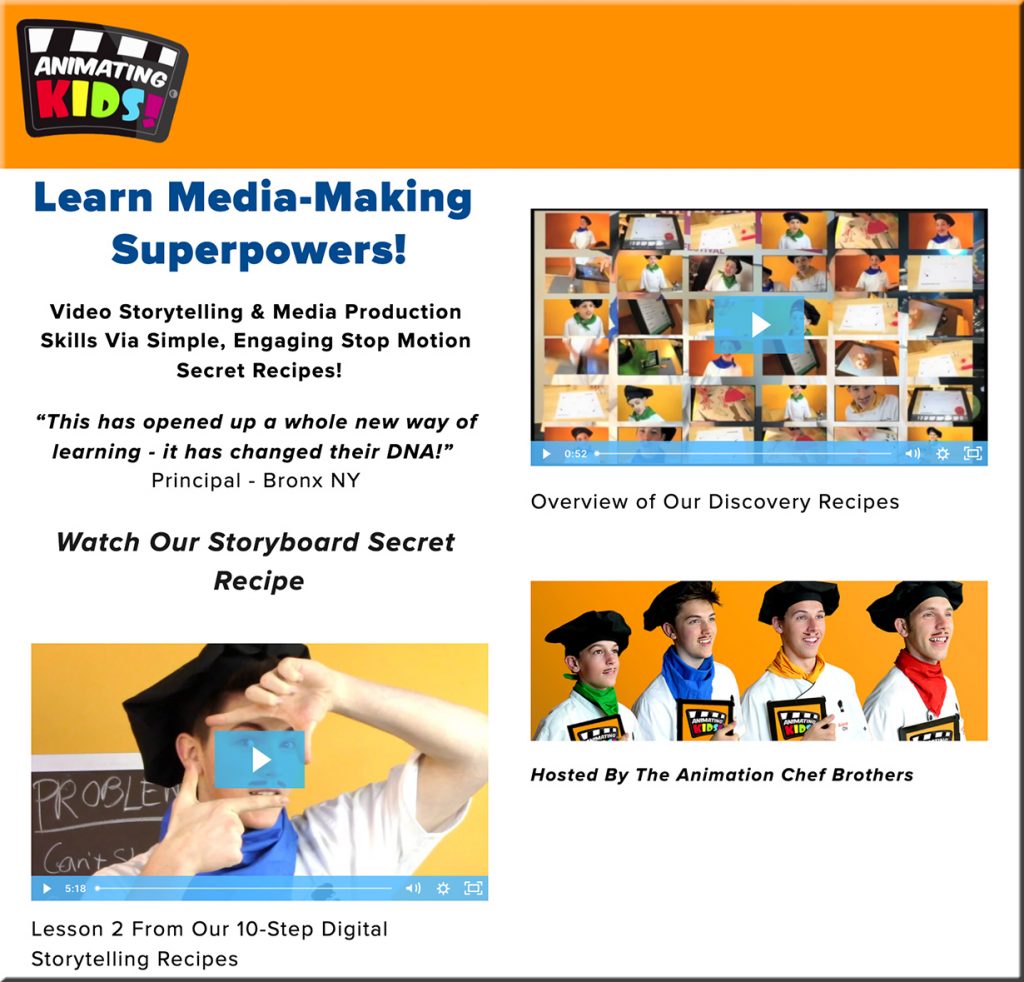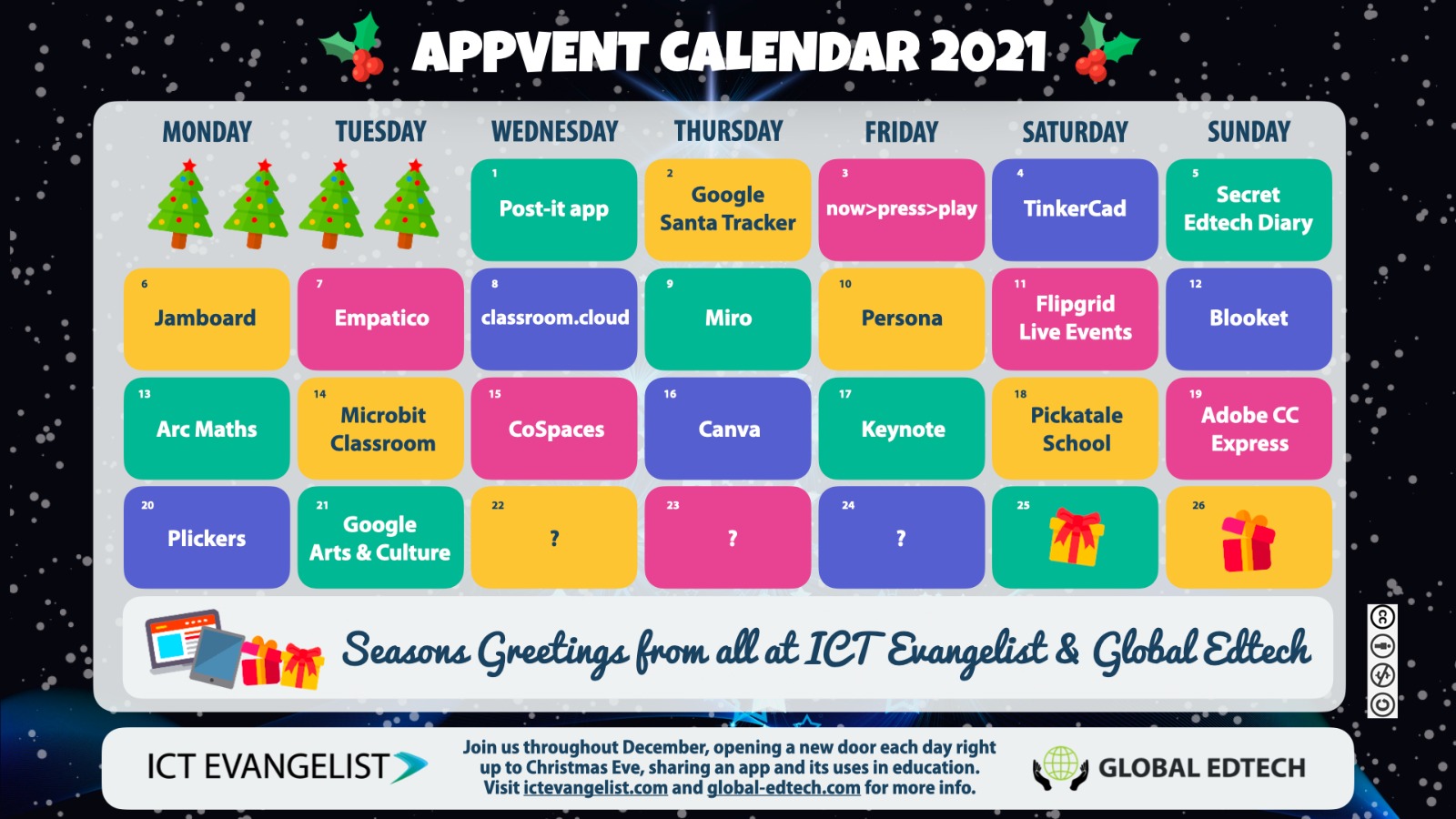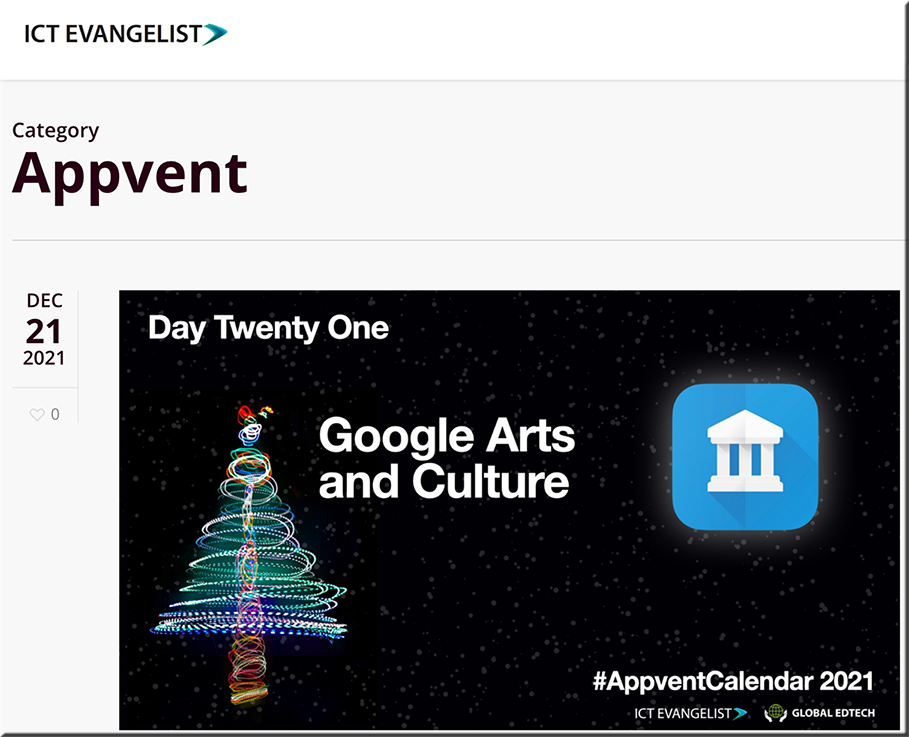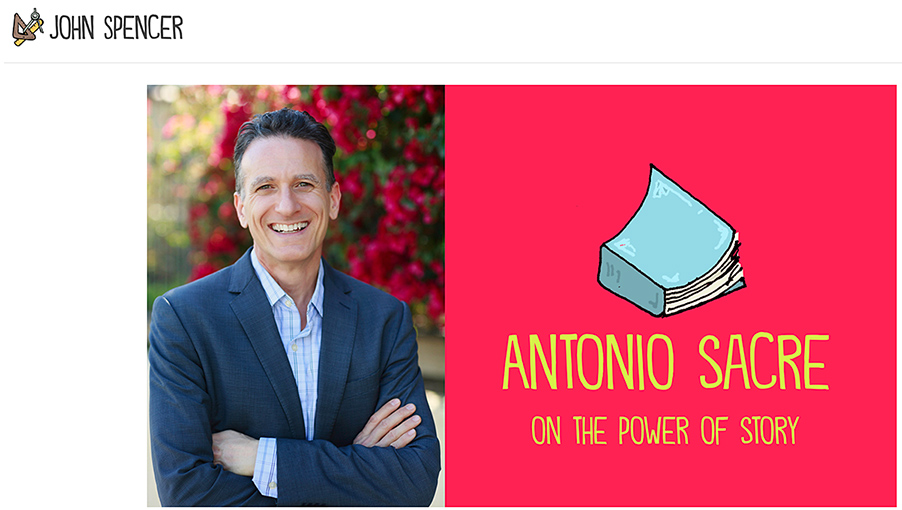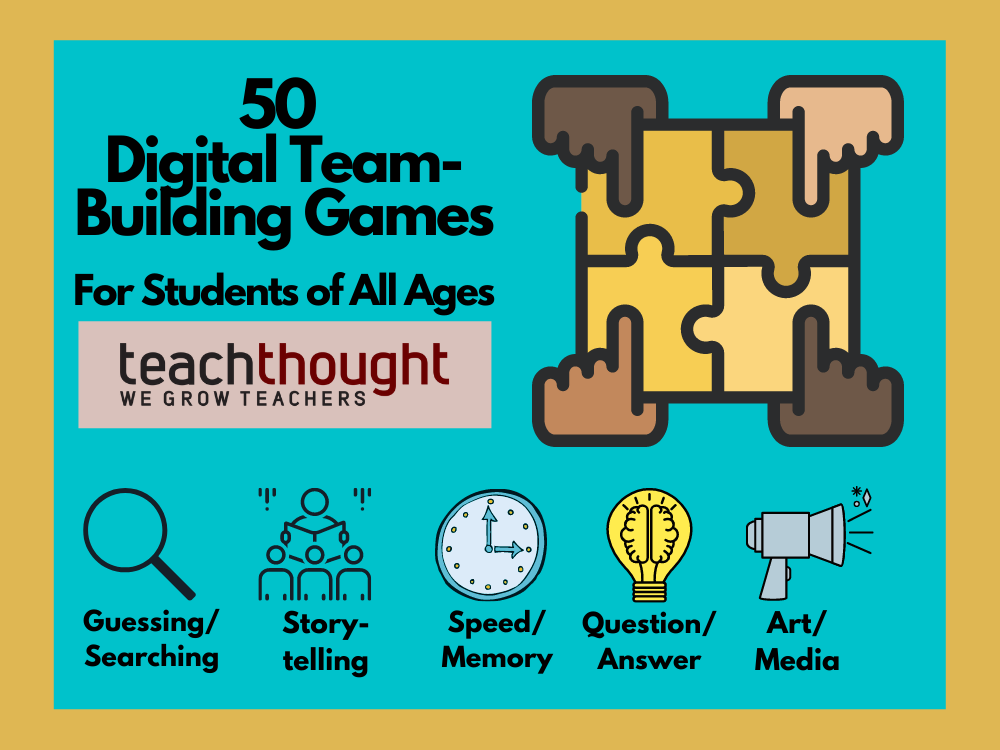What Are The Best Websites For Teaching Math Online? — from teachthought.com by Jennifer Smith
70+ Awesome Websites for Teaching and Learning Math — from weareteachers.com
Learning math can sometimes be a challenge. Especially if you’re doing virtual or distance learning. Math websites to the rescue! We’ve gathered a list of teacher-recommended sites that includes resources, games, freebies, and innovative programs for teaching math. These will help keep students engaged, learning, and having fun.
- Comprehensive Math Programs
- Interactive Tools to Use in Instruction
- Games and Activities for Students
- Resources for Teachers
Top Websites Ranking for Math in the world — from similarweb.com
Also, check out the public media resources in your state/area/region. For example, here in Michigan:
Addendum on 1/30/22:
- CTCMATH: A flexible option for your gifted child — from raisinglifelonglearners.com by Colleen Kessler









